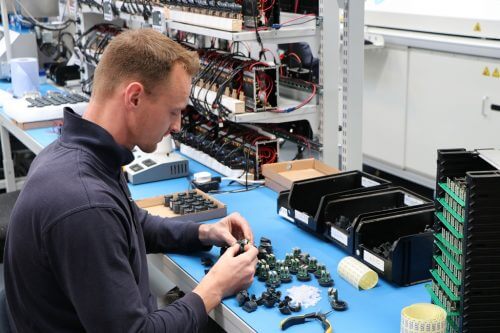
Claire Phillips, Sales Director at Alfatronix, outlines to John Lewis how the company is keeping pace with the latest technology, consistently refining and redeveloping its range
Anybody with a smartphone realises how essential it is to keep it charged up at all times. Allow the battery to go flat and you are immediately cut off from social media, texts and emails; and you can’t even call your family, friends and work colleagues to tell them about your plight.
That is why it can be vital to have a USB charging socket available to recharge your phone wherever you are. That includes when you are on the bus. […]
By subscribing you will benefit from:
- Operator & Supplier Profiles
- Face-to-Face Interviews
- Lastest News
- Test Drives and Reviews
- Legal Updates
- Route Focus
- Industry Insider Opinions
- Passenger Perspective
- Vehicle Launches
- and much more!


